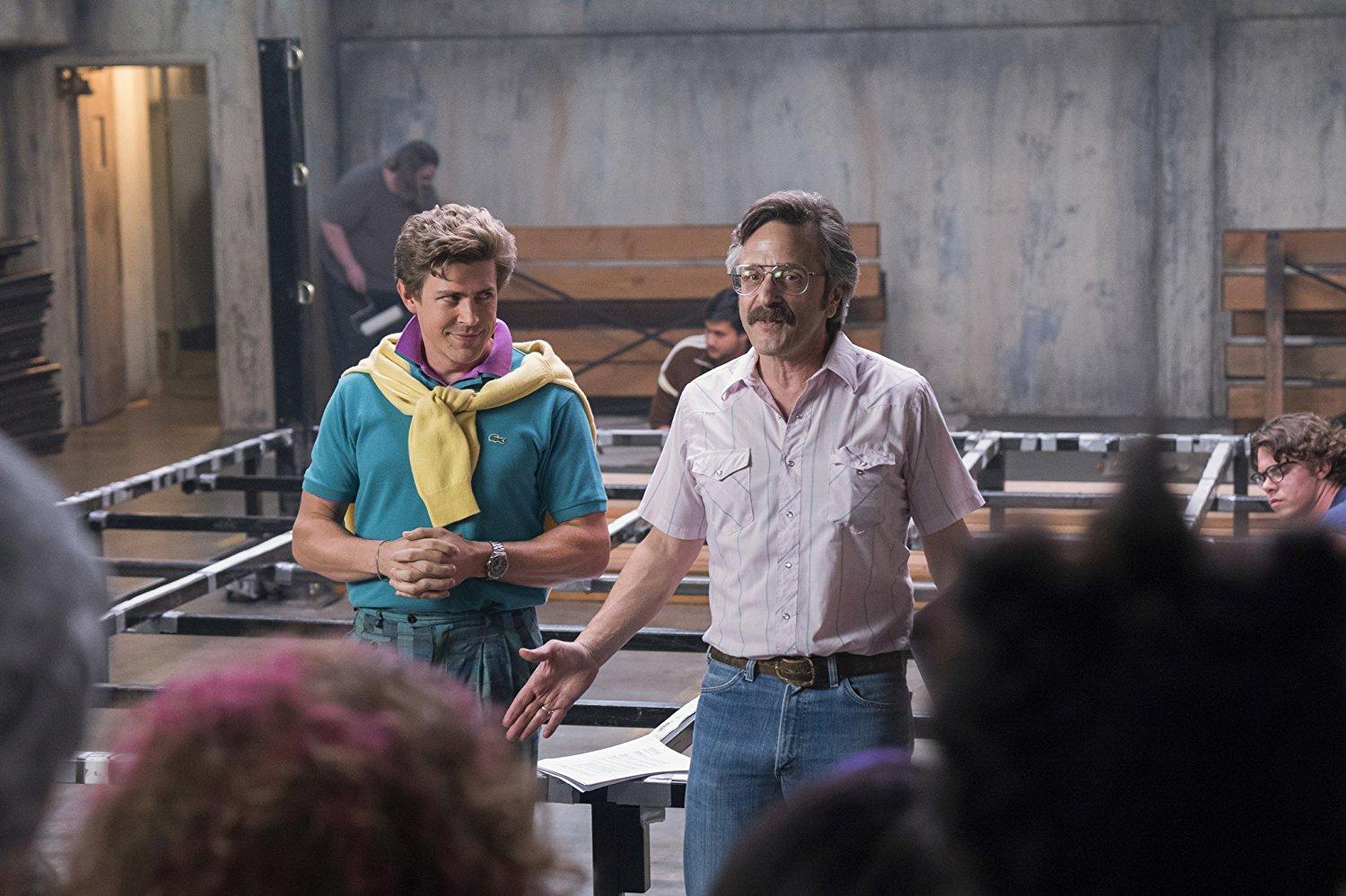Some people have a voice that blooms into portraiture. Their bellow, twitter or growl fills up the empty, imaginary husk of their being, and pushes a sort of synesthesia that forms from their sound an embodied human. The voice becomes the epicenter that spawns a greater anatomy within the imagination.
This is the case for Marc Maron, the host of the popular podcast WTF. Although Maron cut his teeth in comedy, bringing to the stage an irascible, honest and intellectual voice, his podcast launched his life into much wider celebrity. Starting out interviewing friends and low-level comedians, the podcast eventually became popular enough the attract bigger names. (Robin Williams’ interview, which was hard to wrangle, helped establish Maron early on.) The longer one listens to Maron interview his guests (actors, directors, screenwriters, authors, comics, et al., from the most celebrated to the least known), the more one feels as if he is an avuncular figure, the consummate conversationalist entwined with the family member you never mind seeing. In short, a relatable person. This sprawling intellect and sarcastic manner makes Maron a volatile admixture, always in flux, always engaging, never packaged.
But it is, specifically, the voice of Marc Maron that is unable to be copied. The equivalent of aural gravel, it has a reassuring texture, a low-hum, emotional snarl that is cutting and incisive. You know the voice, in an abstract sense; it is a voice that comes across as backed by experiences, as having a somewhat weary compulsion to kvetch, to ask, to talk and to narrate. It is as if Don LaFontaine, the force of 2000s movie trailer voice overs, has been up for hours combating teenage tragedy around the kitchen table, if “Thriller’s” Vincent Price had to be rehabilitated from a briefly-crippling vice. Maron’s voice has the power of a committed humanist. It is unflinchingly honest and jagged, multifarious and built upon an architecture of experience that is easily detectable.
This voice, as I have described it, allows Maron’s podcast to bellow beyond just its recorded session. Maron’s voice begins to exist in your head, in your instincts, as an impetus towards deeper conversation and as an example of cultural individuation: how cultural components, as well as specific life experiences, collect to construct the self. The texture of Maron’s voice incites one’s memory, to enjoy and relive moments of both happiness and despair. The voice is a buzzing, phoneless and disconnected, brainy and impulsive. It reminds us that we are embodied humans wading through experience, not virtual approximations or greeting card emotions. Maron transforms the inarticulate beasts we have become back into archaeologists of the self, sifting the grains of cultural experience.
The voice of Maron, or even Maron himself, as he streams through our car speakers, our headphones, our lives, becomes a sneaky recidivist who works to convert us. The crime? Thinking about our experiences, living in a fresher world of active discernment in an unscripted, meaningless universe. Of course, this is an uncomfortable notion. But just as Maron, perhaps unconsciously, works to bring us to this great, unconscious realization in his biweekly podcast, he himself wrestles with its reality, with reality itself. He is, undoubtedly, stirring a lost generation.







